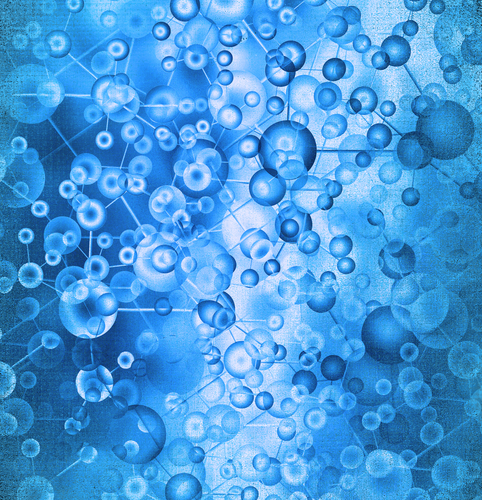 A research team from the University of Gothenburg in Sweden recently demonstrated that estrogen treatment regulates Th17 cells. Based on the results the researchers believe that estradiol treatment plays an important role in early stages of rheumatoid arthritis.
A research team from the University of Gothenburg in Sweden recently demonstrated that estrogen treatment regulates Th17 cells. Based on the results the researchers believe that estradiol treatment plays an important role in early stages of rheumatoid arthritis.
Gender influences the susceptibility to autoimmune diseases such as rheumatoid arthritis (RA), where the female to male ratio is 3:1. The peak incidence of RA in women coincides with the time of menopause when estrogen levels rapidly drop, connecting sex hormones to disease etiology. In a well-established experimental model of RA, collagen-induced arthritis (CIA), it has repeatedly been shown that estrogen improves the disease development. Regarding human RA, some studies indicate that hormone replacement therapy containing estradiol might be beneficial, however, studies in this field are inconsistent. In RA, Th17 cell frequency and levels of synovial fluid IL-17 strongly correlate with disease activity. T helper 17 cells create inflammation and tissue injury in autoimmune arthritis and other conditions such as multiple sclerosis, psoriasis and rheumatoid arthritis.
To further characterize the effects of estrogen on Th17 cells’ phenotype, the study entitled “Estrogen regulates T helper 17 phenotype and localization in experimental autoimmune arthritis” published the journal Arthritis Research & Therapy by Annica Andersson from the Department of Rheumatology and Inflammation Research at the University of Gothenburg in Sweden used mice models of RA. The research team found that estrogen regulates localization of Th17 cells during development of collagen-induced arthritis CIA, resulting in increased Th17 in lymph nodes but decreased Th17 in joints.
They also found in mice models that were administered a subcutaneous slow-release implant of 17β-estradiol (E2) that the treatment increased Th17 cells in lymph nodes during the early phase of development of rheumatoid arthritis, but caused a decrease of Th17 cells’ count in joints during established arthritis.
Results also revealed that estrogen is able to increase the expression of CCR6 (a protein that is associated with autoimmune diseases) in lymph node Th17 cells and increase the production of CCL20 (a chemokine implicated in the formation of lymphoid tissues) within lymph nodes, possibly resulting in Th17 cell accumulation in the lymph nodes and reduced migration of Th17 cells to joints.
Regarding the results, the researchers concluded that understanding the role of estrogen in the development of autoimmune arthritis opens up new fields for research concerning the gender bias in autoimmune disease.


